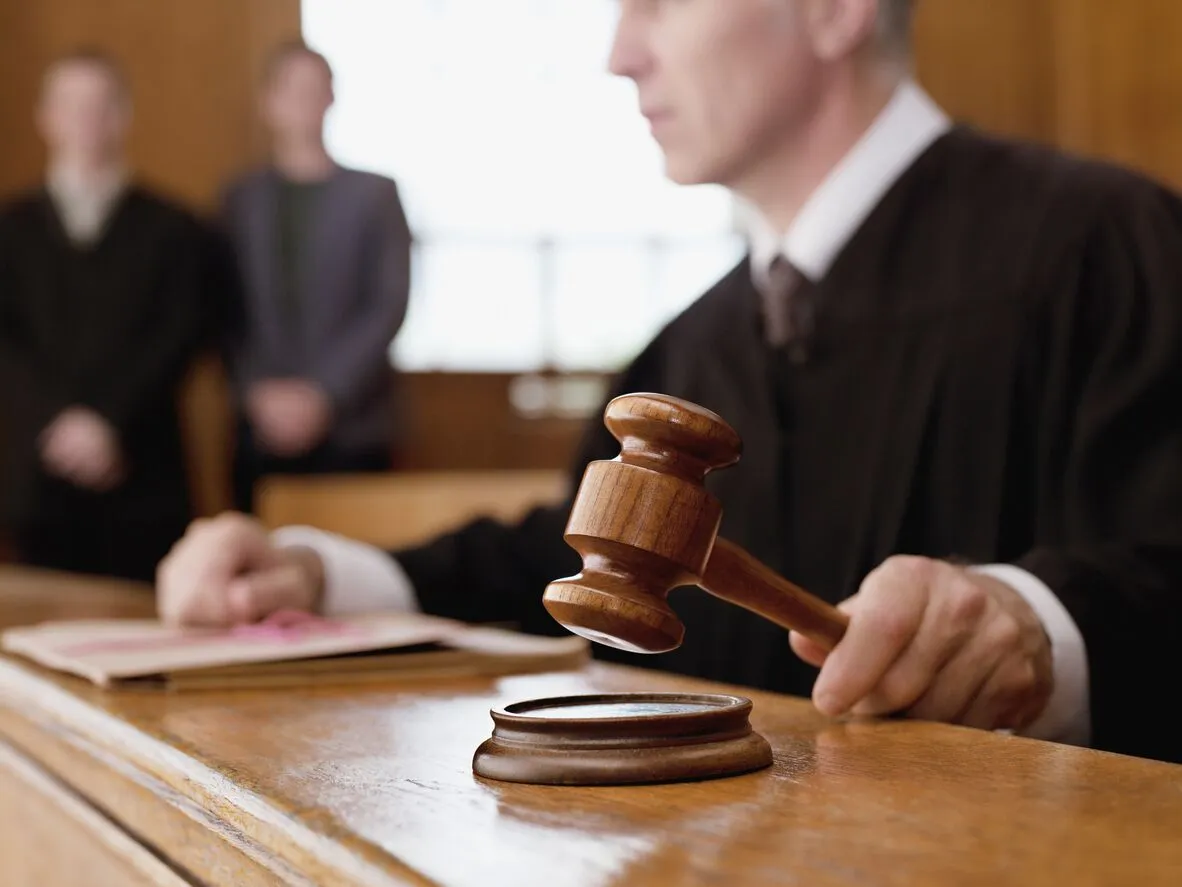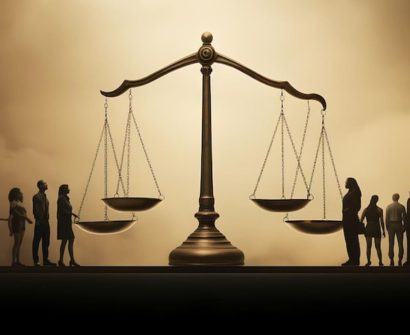
Article 21 of the Indian Constitution constitutes a fortress for safeguarding the fundamental liberties of its population. Its brief language includes the fundamentals of life and individual freedom, that constitute the cornerstones of democracy and fairness. Since its introduction, Article 21 has matured into an effective barrier against arbitrary state action, upholding the rights and dignity of every individual.
The significance of it goes beyond conventional legal doctrine since it symbolizes the moral and ethical requirements of a society that is equitable.
about article 21
- Part III of the Constitution of 1950 grants the people of India the Fundamental Right to the Protection of Life and Personal Liberty.
- These fundamental rights are granted as a safeguard against state action and serve as a symbol of the fundamental values upheld by the populace.
- As a result, no act of state authority may violate a citizen’s fundamental rights unless it does so in accordance with the legal process.
- This part’s Article 21 declares that no one may be deprived of their life or personal freedom unless it is done so in accordance with a legally recognized process; this is known as their Right to Life and Personal Liberty.
art 21 of indian constitution
- Nobody may be deprived of their life or personal freedom unless it is done in accordance with a legally prescribed process.
- All people, citizens and non-citizens alike, are entitled to this fundamental right.
- Article 21 confers two rights:
- right to life
- Right to personal liberty
- This right has been referred to as the “heart of fundamental rights” by the Indian Supreme Court. This suggests that this privilege has only been granted in opposition to the State.
- Here, “state” refers not only to the government but also to legislative bodies, municipal authorities, government agencies, etc.
- The right to survive is not the only aspect of the right to life. It also means having the capacity to lead a full life that is meaningful and dignified.
article 21 of indian constitution: Scope
The Indian judiciary has construed Article 21 liberally to encompass not only the right to bodily existence but also the right to a meaningful life.
Right to Live with Dignity:
- The fundamental right to a dignified living is included in the right to life and personal liberty, as stated in Article 21. The right to be treated with respect and the freedom from discrimination and harassment are fundamental elements of the right to dignity, according to a ruling by the Supreme Court.
Right to Livelihood:
- According to article 21, the right to a livelihood is a necessary part of the right to life. The Supreme Court ruled that a person’s right to a living includes the ability to work and support oneself, and that the government cannot deny someone their right to a livelihood without first making sure they’ve been given a fair trial.
Right to a Clean Environment:
- According to Article 21, the right to life and personal liberty includes the right to a clean environment. The Supreme Court has decided that having access to a healthy environment is a prerequisite to exercising other fundamental rights, such as the right to life and the right to health.
- According to article 21, the right to health is a basic right. According to the Supreme Court’s decision, the government must provide enough medical facilities for its inhabitants, and the right to health includes both the right to receive medical care and the right to a healthy environment. As per the Supreme Court’s ruling, the government is obligated to furnish.
Right to Privacy:
- According to article 21, the right to privacy is a basic right. According to rulings of the Supreme Court, a person’s right to privacy encompasses the freedom to live an unhindered life, the right to manage how their personal information is utilized, as well as the right to privacy.
article 21 of the constitution: Case Rulings
- In the case of Occupational Health & Safety Association v UOI, the court acknowledged that it was the responsibility of the State to safeguard employees from hazardous or unclean working conditions and remanded the case to multiple High Courts to investigate the topic of thermal power plants in their individual states. Therefore, it was determined that in this case, the workers’ right to fair and humane working circumstances as well as the protection of their health and well-being were necessary for them to live with dignity.
- In the case of R. Rajagopal v State of Tamil Nadu, the court ruled that Auto Shankar, the culprit, had the freedom to deal with his personal data as he pleased. It was therefore impossible to stop the magazine from publishing what it referred to as the criminal’s “autobiography.” This decision cleared the way for the right to privacy to be recognized as one of the Fundamental Rights guaranteed by Part III of the Constitution and set the stage for further rulings on the subject.
The scope of the right to life and personal liberty is broad and will only expand in the future. The different facets of an individual’s life that they have the right to manage and can thus improve, as awareness of these parts of their rights to control has grown. The Supreme Court has referred to this Right as the “heart and soul” of the Indian Constitution, and it certainly lives up to that description, it stands for the most fundamental needs of human life.
Article 21 of Indian Constitution FAQs
- When can Article 21 be violated?
It has been decided that rape violates the essential life that Article 21 guarantees to individuals. Therefore, anything that contributes to making life meaningful, full, and worthy of being lived would be included in the right to life.
- Why is Article 21 so important?
Arrests that are arbitrary or illegal are likewise forbidden by Article 21. It guarantees that no one may be imprisoned without a valid legal basis or without adhering to the due process requirements of the law. It defends against arbitrary detentions and stops people from being forcibly taken away from their freedom.
- Why is Article 21 not absolute?
No, according to Article 21 of the Indian Constitution, the right to life is not an absolute right. According to Article 21 itself, a person’s life and liberty may be taken away in compliance with a legally prescribed process.
- Is Article 21 the soul of the Constitution?
According to the Supreme Court, Article 21 is the essence of the Constitution since it protects citizens’ rights to liberty, which are so valuable that a person might lose them if the high court decides matters involving it inordinately slowly.
- Which Online rjs coaching is best for RJS preparation?
The reputable Jaipur Online rjs coaching program “Jyoti Judiciary Coaching” aids students in getting ready for the RJS exam. A systematic approach to RJS test preparation is made possible by Jyoti Judiciary, the top offline and online RJS coaching program in Jaipur. Their curriculum has been carefully designed to cover all the subjects and courses required for passing the Rajasthan Judicial Service Examinations.
- Which coaching is best for judiciary?
The most effective judiciary coaching in Jaipur is provided by Jyoti Judiciary Coaching. The objective is to create a comfortable learning environment for the students. It makes the difficult task seem easy, which increases the likelihood of achieving the desired outcome. The objective at Jyoti Judiciary is to give students the best possible education possible. The Institute pledges to use every resource at its disposal to provide you with the finest preparation for the Judicial Services entrance examinations.
With the goal of giving students the best coaching available for law entrance exams including the CLAT, AILET, and various other numerous state judiciary exams, Jyoti Judiciary Coaching, India’s Finest educational Platform, was established. Come enrol now with Jyoti Judiciary!
For any latest news, legal topics, judiciary exams notifications, patterns, etc watch Jyoti Judiciary’s YouTube channel for legal videos for any updates at https://youtube.com/@jyotijudiciarycoaching4852?si=2cwubh9d2A9urwJf










